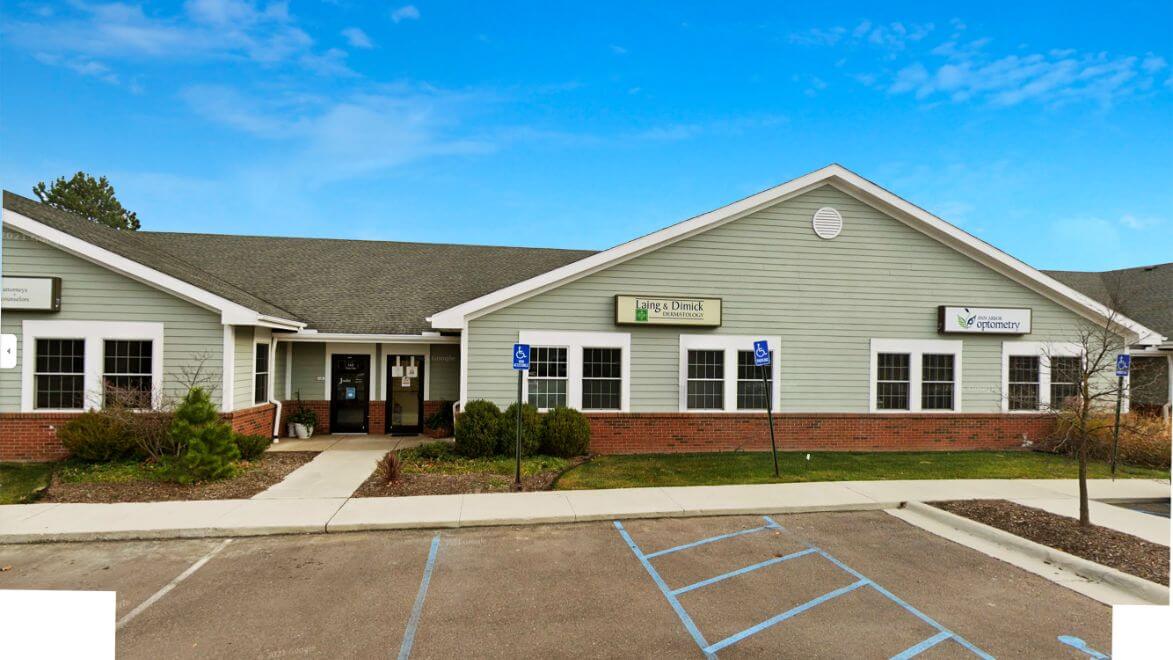Nail Fungus
Nail Fungus: Causes, Treatments, and Expert Care at Pinnacle Dermatology
Nail fungus is a common condition that causes thickened, discolored nails, often accompanied by brittleness or a distorted appearance. This fungal infection can affect both fingernails and toenails, leading to discomfort and potential complications if left untreated.
Our dermatology providers treat nail fungus using various methods, including oral antifungal medications, medicated nail lacquers, and topical antifungal creams. In some cases, they may recommend nail debridement to reduce thickened nails and improve treatment effectiveness.
At Pinnacle Dermatology, our expert team tailors treatment plans to the severity and type of nail fungus, aiming to effectively eliminate the infection and restore healthier-looking nails. We emphasize regular follow-ups and proper nail care techniques to prevent recurrence and promote nail recovery. Schedule an appointment today to work on your nail heath.
Examples of Nail Fungus
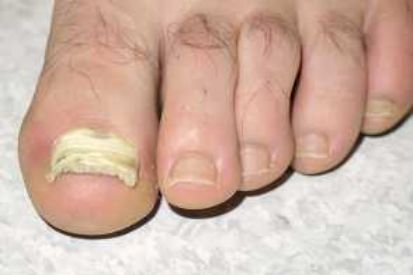
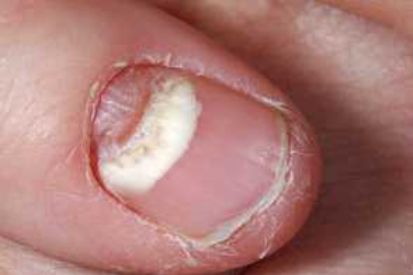
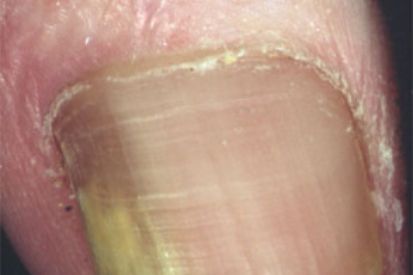
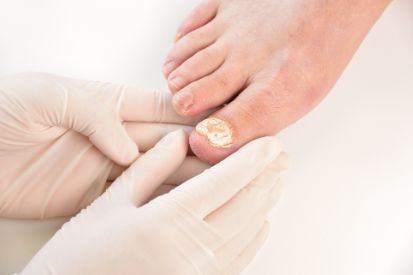
What are Symptoms of Nail Fungus?
- Debris beneath the nail.
- White or yellow spots under the nail.
- Darkening of the nail.
- Foul-smelling odor.
- Thickening nail.
- Pain in the nail.
Causes of Nail Fungus
- The fungi that cause the development of nail fungus are microscopic organisms that thrive in warm, moist environments.
How to Prevent Nail Fungus
Nail Fungus FAQs
Nail fungus is typically caused by fungal infections entering through tiny cracks in the nail or skin. It can happen in warm, damp environments like public showers. Anyone can get it, so it's more about the conditions than personal habits.
Over-the-counter treatments may help in mild cases, but dermatologists have more potent options. If you've tried home remedies without success or if the infection is severe, consulting a dermatologist ensures a targeted and effective approach.
It's best to avoid nail salons until the infection is treated. Sharing tools can spread the fungus, and the moisture in salons can make it worse. Once your dermatologist clears the infection, you can enjoy your manicures worry-free.
Patience is key. Treatment duration varies, but it can take several months for new, healthy nails to grow in. Dermatologists will monitor progress and adjust treatment if needed, ensuring the best outcome.
How to Treat Nail Fungus
Our skilled dermatology providers specialize in accurate diagnoses and tailor treatment plans to your unique needs. We offer proven antifungal medications, including a range of topical solutions that effectively target nail fungus, providing localized treatment for optimal results.
Additionally, our providers may prescribe oral antifungal medications like terbinafine or itraconazole, offering comprehensive treatment to eliminate the infection from within. Trust our expertise for accurate diagnosis and personalized solutions to address your nail fungus concerns. Schedule an appointment with for quality care and effective treatment.
Featured Blogs

- General Dermatology
- Sun Safety
While the sun brings happiness, it poses a significant threat to our skin.
Read More
- Skin Cancer
- Skin Exams
- Sun Safety
How can you protect yourself from skin cancer year-round? Uncover the best dermatologist-recommended approaches.
Read More
- Skin Cancer
- Sun Safety
Explore important factors for effective sun protection and safeguarding your skin against the harmful effects of UV radiation.
Read MoreFeatured Products
Check your local office for current stock!
Check your local office for current stock!


